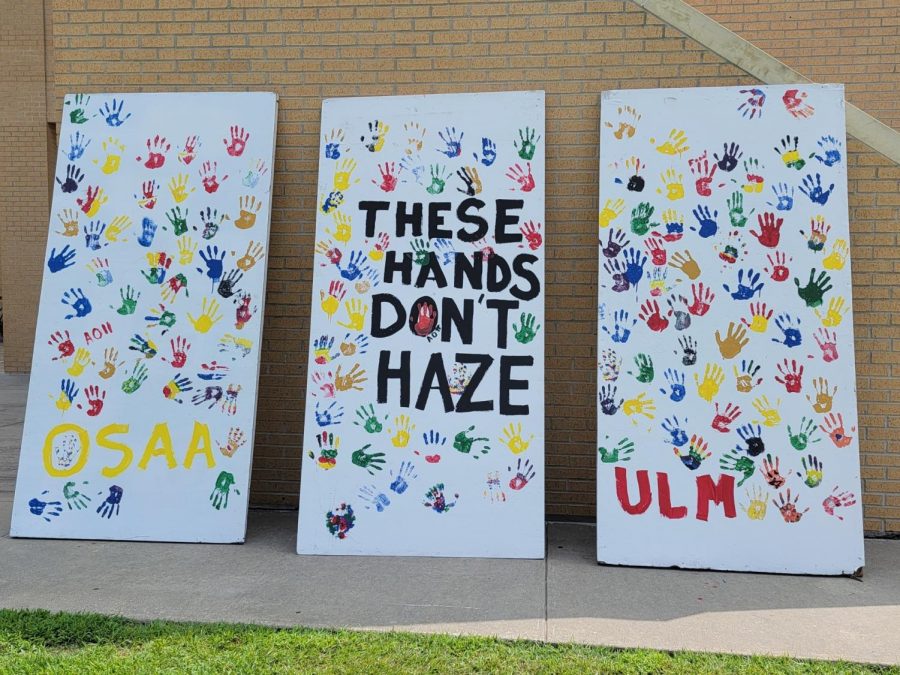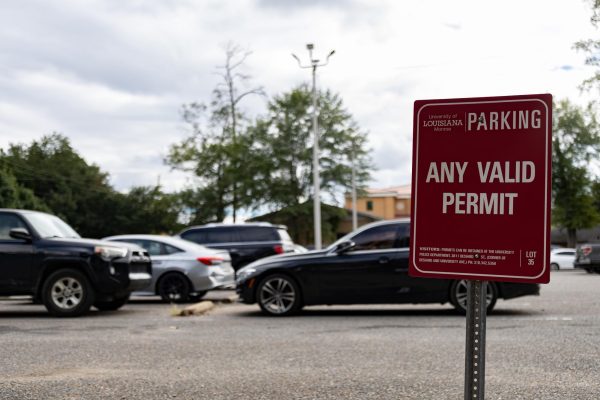Hazing prevention training for students should be in-person
Every year, we have to take the long and tedious hazing training.
The training notice email always seems to come at the worst time and bothers you until you complete it.
To get the training done faster, you can just not pay attention and click through it to hurry up and get it done.
While this is probably bad, the training is long and boring. I don’t have time in my day to do it properly.
And I would never haze, so why do I have to sit through this training anyway?
This is the mindset many students have when it comes to hazing training required by the university.
At ULM, hazing training is done annually and takes a little less than an hour.
This means that students are only reminded of what hazing is, the implications it has and how to report it once a year.
While this small reminder might be better than nothing, it is not enough.
You might think hazing could never affect you or anyone you know.
However, hazing is most prominent in athletic groups with fraternities and sororities being a close second, according to Stop Hazing.
This is a large number of students at ULM. Over a hundred students are on the football team alone, according to ULM Athletics.
According to Inside Hazing, more than 250,000 students experienced some sort of hazing to join a college athletic team.
Hazing is a major problem for sororities and fraternities. In 2017, four people in the U.S. died as a result of fraternity hazing, according to Time.
One of those people was a student at LSU.
Maxwell Gruver died in September 2017 following a night of drinking where he was hazed by members of Phi Delta Theta. The day after he died, Gruver’s blood alcohol level was still .496, which is four times the legal limit, according to ABC.
In response to Gruver’s death, the Max Gruver Act was put into place. The act says that each organization at a university should provide at least one hour of hazing prevention education annually to all members and anyone who is employed by or volunteers.
The hazing prevention training should be required to be in-person or both in-person and electronically.
Making in-person training mandatory would force students to pay attention to what they are hearing instead of just mindlessly clicking through training to be done with it.
While it would take more time and effort to go in person and do the training, it could save someone’s life.
A person’s life is worth way more than an hour of your time.





